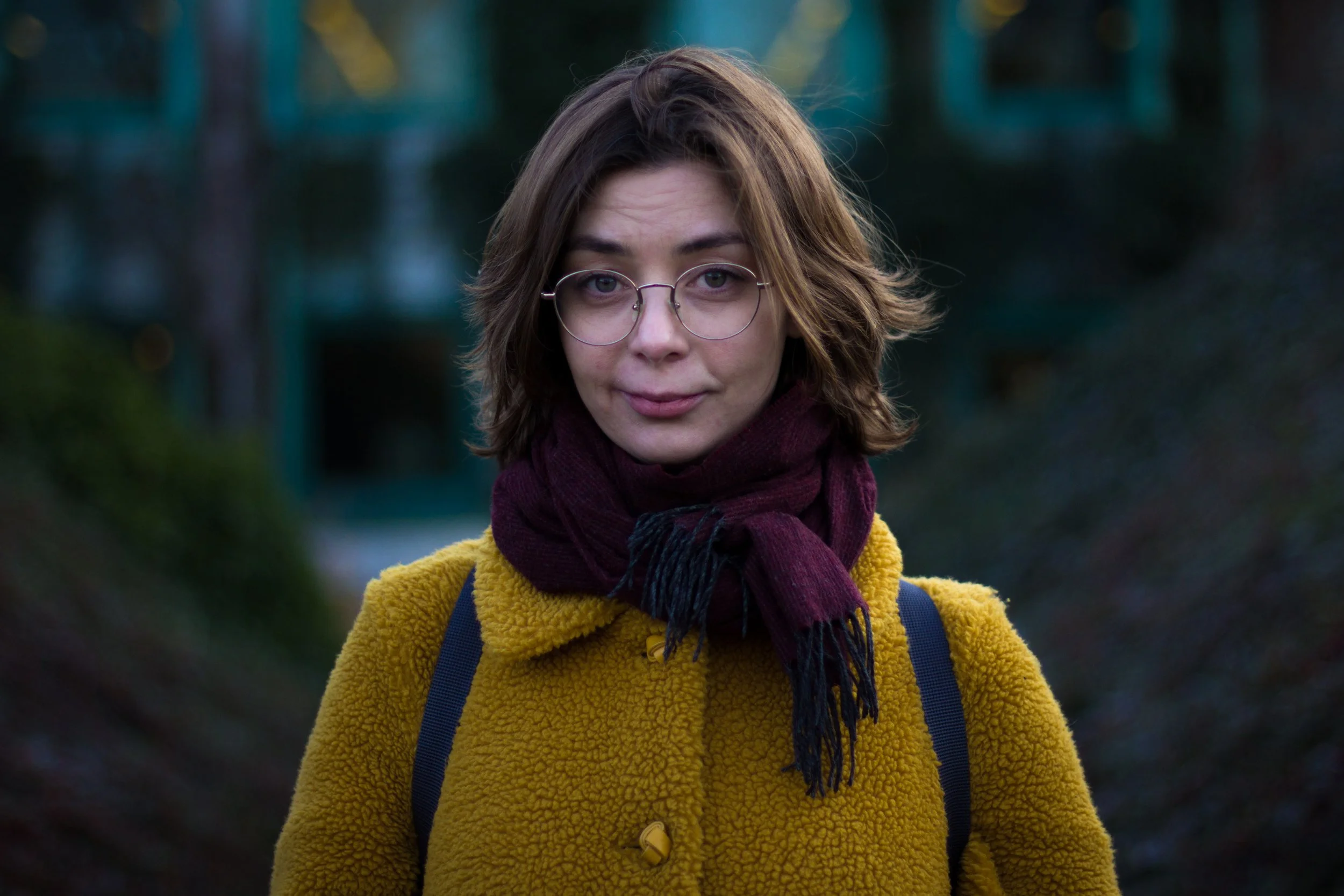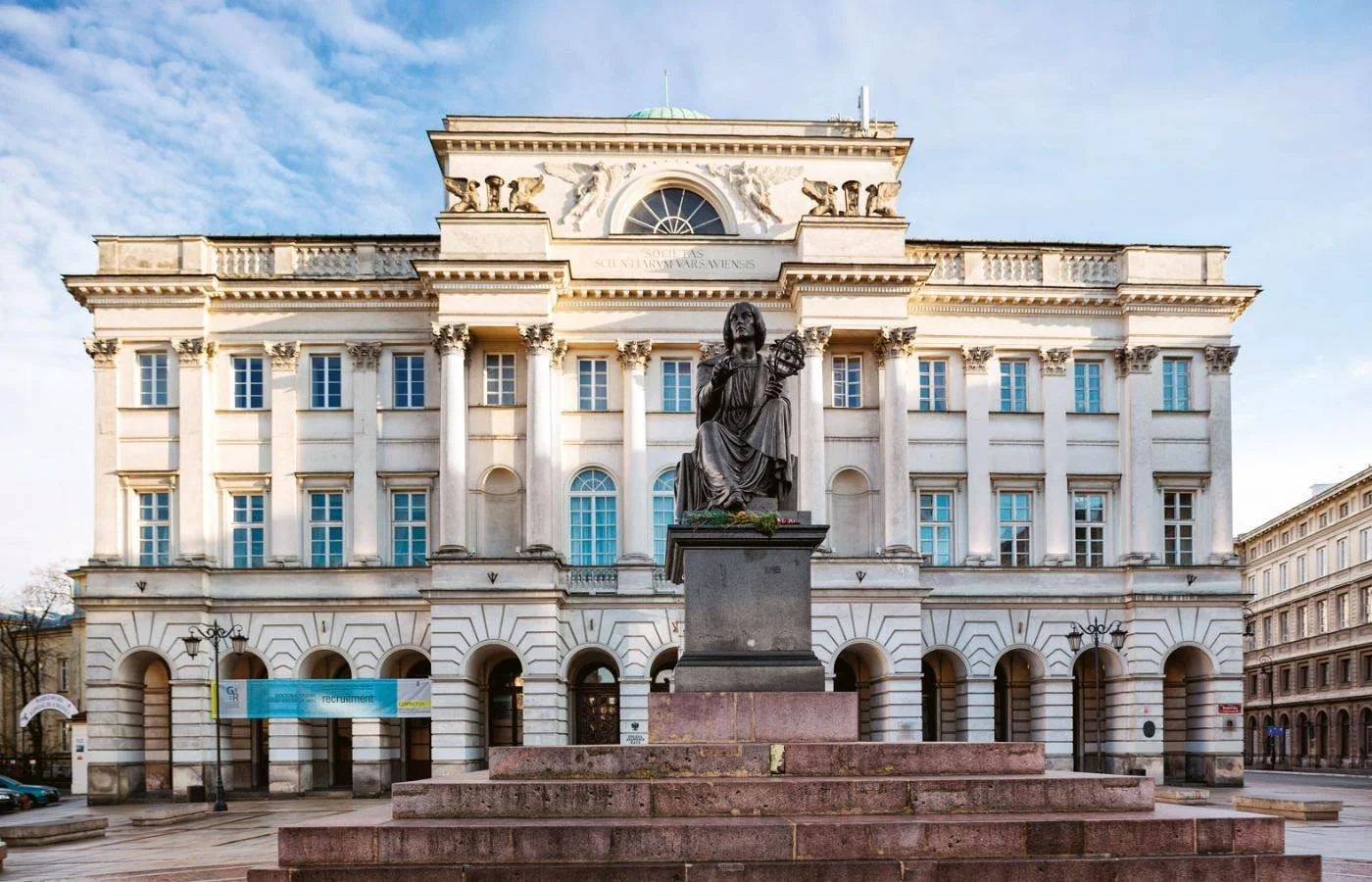The Polish Academy of Sciences (PAN) is a national academic institution, founded by a Parliament act in 1952. PAN’s statutory goals are to promote the comprehensive advancement of science, co-ordinate scientific theoretical and empirical research, and provide expertise for practical application. PAN consists of two separate structures:
the autonomous and self-governed corporation of scholars with around 350 national and correspondent members and about 190 foreign members,
research institutes of the Academy.
PAN is located in Warsaw, with branches in Kraków, Wrocław, Poznań, Katowice, Łódź and Gdańsk.
The Institute of Philosophy and Sociology (IFIS PAN) is one of the research centres of the Polish Academy of Sciences. Established in 1956, it is one of the oldest institutes of sociology in Eastern Europe. The Institute’s primary objective is to carry out advanced research in philosophy and sociology and also in cognition and communication. In addition to research, the Institute is engaged in education, publishing and the popularisation of the sciences. In 2004, the Institute of Philosophy and Sociology gained the status of the Centre of Perfection granted by the Ministry of Science and Information as the first institute in the First Department (of Social Sciences) of PAN.
-

Alicja Palęcka
Alicja Palęcka holds a degree in sociology from Jagiellonian University. She is a research assistant in the ProTest project at IFiS PAN and a teaching assistant at the Faculty of Sociology at the University of Warsaw. She is completing her doctoral dissertation on unemployment, the meaning of work, and work refusal. Her research interests include the sociology of work and unemployment, workers’ movements, organizational sociology, irregular migration, and pro-migrant activism. She focuses on marginal, bottom-up practices of solidarity across these topics. She has published on research ethics, job quality in creative and care occupations, and, together with Piotr P. Płucienniczak, the mobilization of the precariat in Poland.
-

Piotr Kocyba
Piotr Kocyba is a social scientist working at the Institute of Philosophy and Sociology of the Polish Academy of Sciences and the Else-Frenkel-Brunswik-Institut at the University of Leipzig. His research focuses on protest and social movements in East-Central Europe and Germany, with a particular emphasis on the dynamics of right-wing mobilisations. Piotr has coordinated and been co-responsible for several research projects, including studies on civil society unrest in Poland, the Black Lives Matter movement in Europe, transnational climate activism within Fridays for Future, and feminist activism in small and peripheral towns in Poland and Eastern Germany. Among his recent publications are two special issues: Freedom and the Illiberal Zeitgeist in East-Central Europe – A Conflict-Laden Relationship, and Black Lives Matter and the New Wave of Anti-Racist Mobilisations in Europe. More information can be found on his Google Scholar profile.
-
Magdalena Muszel
Dr Magdalena Muszel is a sociologist and cultural anthropologist whose research focuses on feminist movements, migration and social activism dynamics in Central and Eastern Europe. She earned her PhD in Social and Political Sciences from the European University Institute in Florence. She often explores how feminist activism travels across borders and adapts to shifting political contexts. For instance, during a British Academy Visiting Fellowship at Coventry University, she examined Polish migrant feminist networks in the UK, while at the University of Gdańsk, she engaged in the Horizon Europe project, 'Feminist Movements Revitalising Democracy in Europe' (FIERCE). She continues this line of enquiry at the Institute of Philosophy and Sociology of the Polish Academy of Sciences, working on the ProTest project. Magdalena’s recent publications include studies of feminist and LGBTQ+ responses to anti-gender mobilisations, analyses of transnational solidarity among migrants and reflections on how activism can transform experiences of oppression into collective political action. Alongside her academic work, she leads Fundacja Zatoka (www.fundacjazatoka.org), where she develops participatory projects on democracy, sustainability, and civic engagement.
